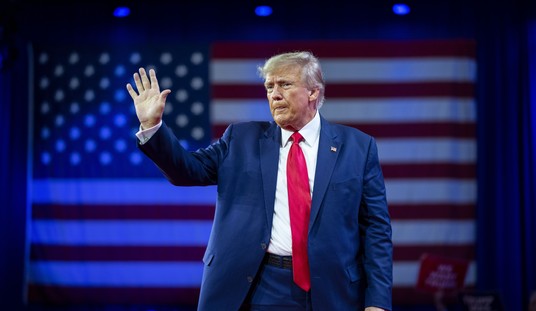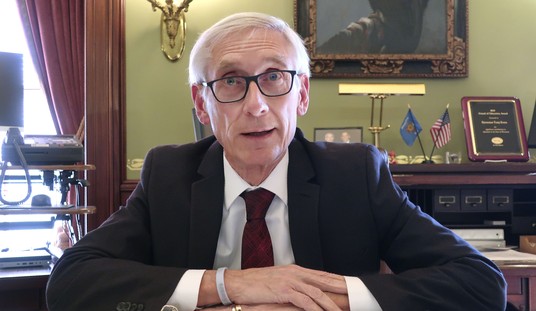Advertisement
I know, I know, the case turns specifically on how far the Constitution's commerce clause or necessary and proper clause can be stretched to justify the individual mandate for everyone to buy health insurance (or burial insurance, or cell phones, or broccoli). But in the broadest sense, this is a struggle over whether the time-honored constitutional limitations on federal power over you and me as Americans can now be waved off with the arrogant impatience of Nancy Pelosi saying, "Are you kidding? Are you kidding?"
I believe, and you probably do too, that the state exists for individuals. But many people, whether they admit it or not, seem to believe individuals exist for the state. The contest between these two views, in America and around the world, has intensified in the past hundred years. But it has been going on for centuries. In Britain 500 years ago, it played out in the attempt of King and Parliament to overrule the religious conscience of Englishmen and redefine the historic Christian church in accord with the marital whims and economic ambitions of Henry VIII.
A giant of personal integrity and political statesmanship from this period is Sir Thomas More, who left his post as the king's chief minister to become the chief obstacle (not by anything he said, but merely by his silence) to consolidation of absolute spiritual as well as temporal power under the crown, ultimately paying with his life. "A Man for All Seasons," the 1956 play by Robert Bolt, dramatizes More's rise and fall, with key passages in the dialogue following the documentary record verbatim.
Recommended
Advertisement
At the climax of his trial for treason, More is undone by perjured testimony quoting a belief which he was correctly suspected of holding but had not, contrary to the witness Richard Rich, ever voiced: "Parliament has not the competence" to make Henry the head of the church.
That line rang in my ears as Paul Clement pressed his case for constitutional limited government at the Supreme Court. "Congress can't do it," would be the equivalent in today's American vernacular. Under the Framers' explicit intent, few are the things Congress can forbid us as free citizens, and fewer still the things it can compel. Buying something against our will is not one of them.
Just because we consent for you to govern us, we say in effect to the legislative and executive and judicial branches through our founding charter, does not mean you own us. Each of us owns ourselves, and you work for us, not we for you. Is that understood? We mean to see that it is!
This is not Tudor England, of course. No one's neck is on the block, no matter what the outcome of this PPACA case; but in a very real sense the stakes involve not only freedom of commerce but freedom of conscience. A year ago that might have sounded far-fetched. Not now, not after the HHS mandate for abortion drugs has revealed Obama's naked assertion of preeminence for the things of Caesar over the things of God.
Advertisement
To the question of how far the authorities can invade individual liberty and personal responsibility, this president has answered: All the way. To which if we don't want to be placed under absolute submission, our rejoinder must be in the spirit of Thomas More: "No, never. Parliament has not the competence. Congress can't do it. Not while we have breath."
------
John Andrews (andrewsjk@aol.com) is director of the Centennial Institute at Colorado Christian University and former president of the Colorado Senate.
























Join the conversation as a VIP Member